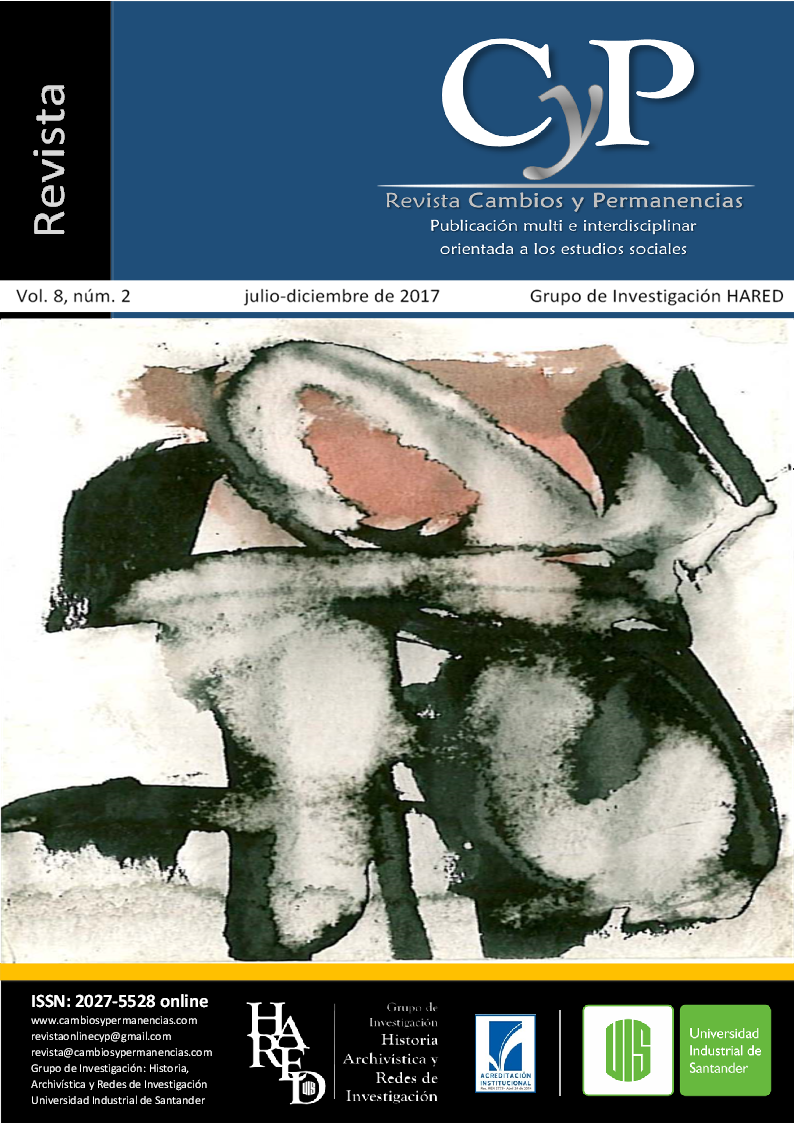Oral history and communication: Contributions for the construction of a dialogical and critical theory of teacher pedagogy
Keywords
- Oral history,
- critical pedagogy,
- communication- education,
- teachers´education
How to Cite
Abstract
The debates held in the last decades about the importance of social media inclusion as a background element within schools, have enabled us to visualize a series of pedagogical Works which have transformed the pedagogical teachers´interventions in the classrooms. The concern about producing alternating curricula that can respond to the immediately needs of the educational contexts, have managed to recover the community members voices to contribute in conflict soutions and in the quality of education improvement. However, the social and cultural challenges posed by this century, invite us to create inclusive pedagogical interventions which involve the sight of military conflict victims, LGBT community, afrodescendants and others, in order to contribute in a peace and dialogue society construction.
Consequently, this work that is a product of a theoretical reflection aims to analyze a sort of conceptual contributions which may allow us to take the oral history and the critical pedagogy as key elements in the teachers´education and the change of the instructional interventions.
It must be made clear, however, that the following article represents a serie of comtemplations taken from authors of critical theory, critical pedagogy, oral history and communication – education, which make posible reconstruct meeting áreas and not- meeting ones, to think about teachers as intellectually twenty first century converters.
Downloads
References
Flecha, R. (1997). Los profesores como intelectuales: Hacia una formación integral de los maestros del siglo XXI. Interuniv. Form. Profr., 29, 67-76.
Fuchs, Ch. (2009). Teoría crítica de la información, la comunicación, los medios y la tecnología. Recuperado de http://glossarium.bitrum.unileon.es/Home/teoria-critica-de-la-informacion
García Rodríguez, L. y Ramírez Devia, M. (2013). Pedagogía Crítica y Comunicación: Una mirada sobre los jóvenes escolares. comunic@Red, 1(1), 217 – 244.
Giroux, H. (2013). La pedagogía crítica en tiempo oscuros, Praxis Educativa, 17(2), 13-26. Recuperado de http://www.fchst.unlpam.edu.ar/ojs/index.php/praxis/
Mendiola, I. (2010) Tiempo y espacios en la narración de la experiencia sociohistórica. En L. Benadiba (Comp). Historia Oral. Fundamentos Metodológicos para reconstruir el pasado desde la diversidad, (pp. 119 – 139). Rosario: Suramérica Ediciones.
Ramírez-Pardo, P. (2012). Las pedagogías críticas: un lenguaje de la posibilidad para la universidad y sus maestros. Magis, Revista Internacional de Investigación en Educación, 5 (10), 189-202.


